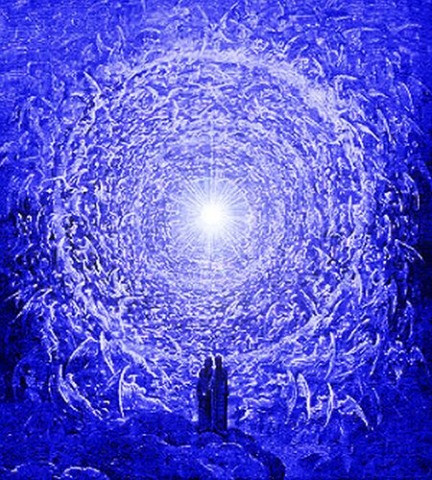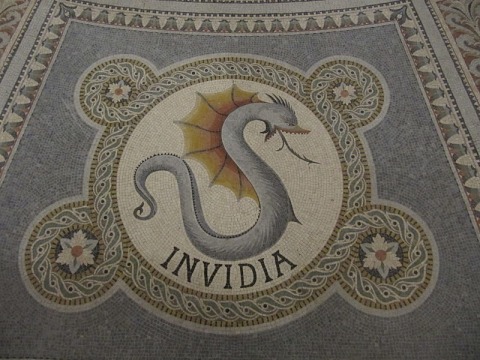People often speak as though acting naturally were the opposite of acting rationally. For the other animals, it is. For humans, it isn’t. Because we have a rational nature, all of our natural inclinations must pertain to reason in some way, or they would not be natural to us.

Thanksgiving Day
Natural law thinkers view the happiness of the community as the complete set of conditions, physical and social, that need to be satisfied in order for individuals to be able to pursue happiness effectively, both through their own actions and through the actions of smaller communities such as families, churches, and neighborhoods.
Every person’s life is bound up with his membership in the community. I am more than just a solitary atom; I am a part of a whole. But the individual's identity is not exhausted by his membership in the community. As Thomas Aquinas explains, the kind of unity that the commonwealth enjoys is not a "unity of essence" or a "unity of matter," but only a "unity of order," amounting to no more than the fact that things stand in a shared relationship. "To be one in respect of order is not to be one unqualifiedly speaking," he says, "since unity of order is the least of unities."

Perhaps this will amuse no one but me, but I am surprised by how many reviewers are unable to bring themselves to use the correct title of my book What We Can’t Not Know. They cite it as What We Cannot Not Know.
What explains this funny scruple? My guess is that they are haunted by the spirits of long-dead schoolteachers who drilled into them that contractions have no place in genteel prose. That’s prob’ly what happened.


In your relations with those in whom there is something to disapprove, tread the razor. I am speaking of things I do not fully understand. But someone who understood them better, I think, might speak to us as follows.

A chasm is sometimes proposed between so-called virtue ethics and so-called rule or law ethics. Unless we are thinking of bad theories of ethics, there is no such chasm.